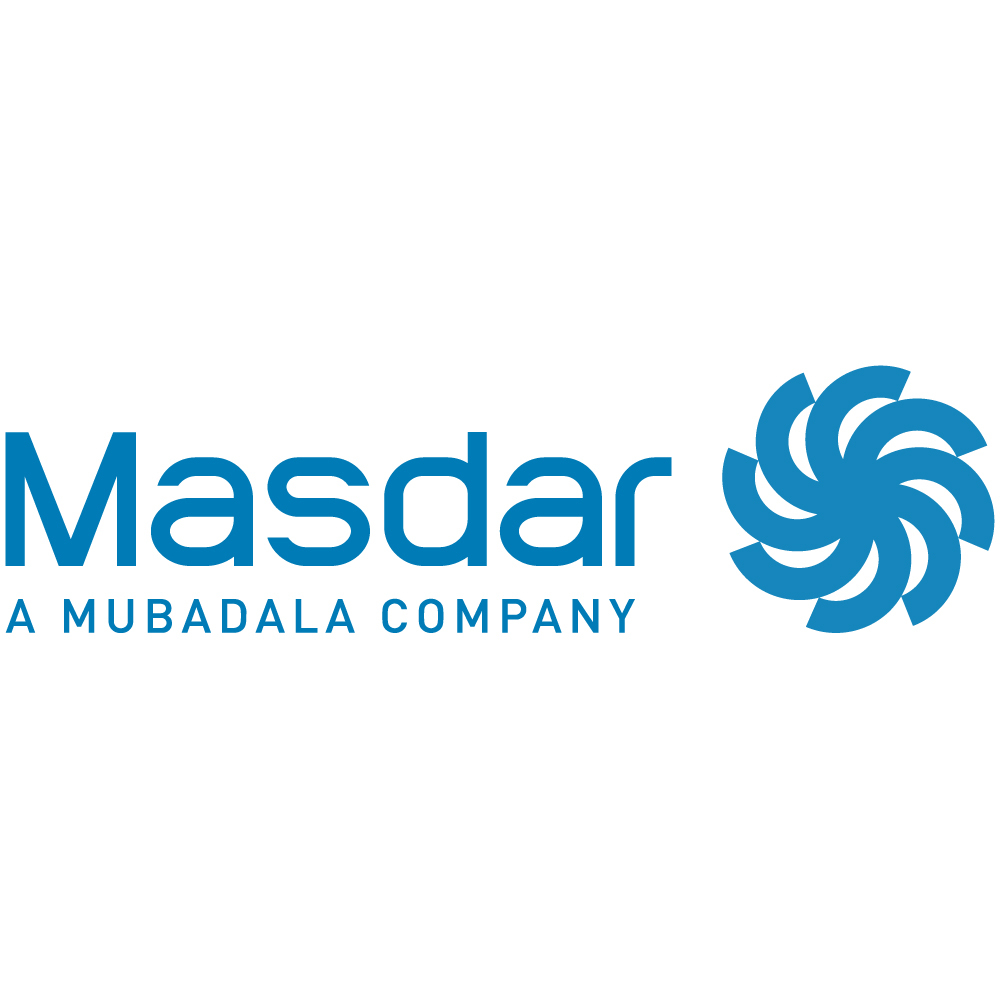Human Capital 3
Introduction to the Human Capital Program
ECA’s Human Capital strategy is focused on ensuring Abu Dhabi has a caring and competent early childhood workforce deeply committed to promoting strong child and family outcomes. To create a common understanding among all stakeholders, the ECA has developed the Early Childhood Development competencies to serve as a shared language on the skills, knowledge and behaviours required from all ECD practitioners. Through our dedicated Human Capital portal, you will be able to access all the latest information on the Human Capital strategy, the detailed ECD competencies as well as relevant tools for students, current practitioners, employers and regulators
What are the motives behind focusing on the Human Capital ecosystem?
- Knowledge and experience in Early Childhood Development is not consistently required across ECD-related positions
- Poor societal positioning of ECD-related positions limits top talent applicants
- Lack of a cohesive education and professional development system for ECD practitioners


Objectives of the Human Capital Program
- Improve the quality of ECD practitioners in Abu Dhabi by attracting diverse quality talent to ECD, unifying performance standards, and enhancing the knowledge and skills of the current workforce
- Increase the number of high-quality ECD-related education and professional development opportunities that are available and accessible to practitioners
- Increase enrolment in ECD-related courses/ college majors/ higher education degrees


Initiatives under the Human Capital Program
Initiative A – Examine the ECD workforce and develop and implement a detailed plan to ensure sufficient human capital to support ECD.
Initiative B – Improve the recruitment, attractiveness, working environment and retention of ECD positions.
Initiative C – Establish policies, standards, and education and training opportunities to ensure a high-quality ECD workforce.
Who are we targeting for the Human Capital Program?
ECD practitioners working with children from 0-8 across the four ECD sectors: Child Protection, Early Childhood Care and Education, Family Support, and Health and Nutrition


What are the outcomes of the Human Capital Program
Higher retention rate for ECD practitioners working in Abu Dhabi across ECD sub-sectors:
- Coherent and higher quality education and PD offering for ECD practitioners
- Future policies in Abu Dhabi developed with a strong child focus
- Expected better availability of high-quality specialized care and services across ECD sub-sectors
- Improved desirability of ECD-related jobs leading to higher retention and increased participation of nationals in the ECD workforce
How you can contribute to the Human Capital Program
As members of the Abu Dhabi community, ECD practitioners and parents can help and contribute with creative ideas.
We are open to all suggestions from any person or organization willing to support and improve the Early Childhood Development Human Capital ecosystem
Feel free to reach us via the Get In Touch page or our Social Media channels.
What are Abu Dhabi ECD competencies?
ECD competencies are the knowledge, skills and behaviors needed by professionals and practitioners who work with, or on behalf of, children 0 to 8 and their families
ECD competencies in Abu Dhabi cover 7 critical domains:












Science and practice supporting holistic early childhood development




Focus on the specific evidence-based knowledge and practices regarding young children’s holistic development that are required to appropriately understand and respond to their individual strengths and needs, while respecting the privacy and confidentiality of data










Child wellness: health, nutrition, and safety




Focus on the specific knowledge and evidence-based practices needed to promote and support children’s overall health and age-appropriate nutrition, and to ensure their overall safety and security and acting upon any harming situation for they may face








Family and community


Focus on the specific evidence-based knowledge related to the importance of the family environment and the family’s role in children’s holistic development and to responsive practices to effectively engage with family members in the best interest of the child








Diversity and inclusion




Focus on the specific knowledge needed to understand and respect the diversity that exists between individual children and families and to implement appropriate practices to cater to the individual needs of each child and family, without any discrimination








Professionalism and professional growth




Focus on the required knowledge to guide practitioners’ professional development and growth and professional conduct, and on the specific practices that reflect professionalism when working in early childhood services








Coordination across practitioner roles and professional settings




Focus on the specific knowledge and practices required for nurturing cooperation and coordination across different practitioners and settings when planning, delivering and evaluating the services, through collegial and respectful interactions








UAE culture and heritage




Focus on the specific knowledge and practices required to ensure that the services provided by practitioners' respect and align with the UAE’s heritage, culture and core values of the UAE’s community they serve
Why do we need them?


ECD Competencies are critical for employers, universities and practitioners' segments.
Employers
Employees








Want to share your opinion?